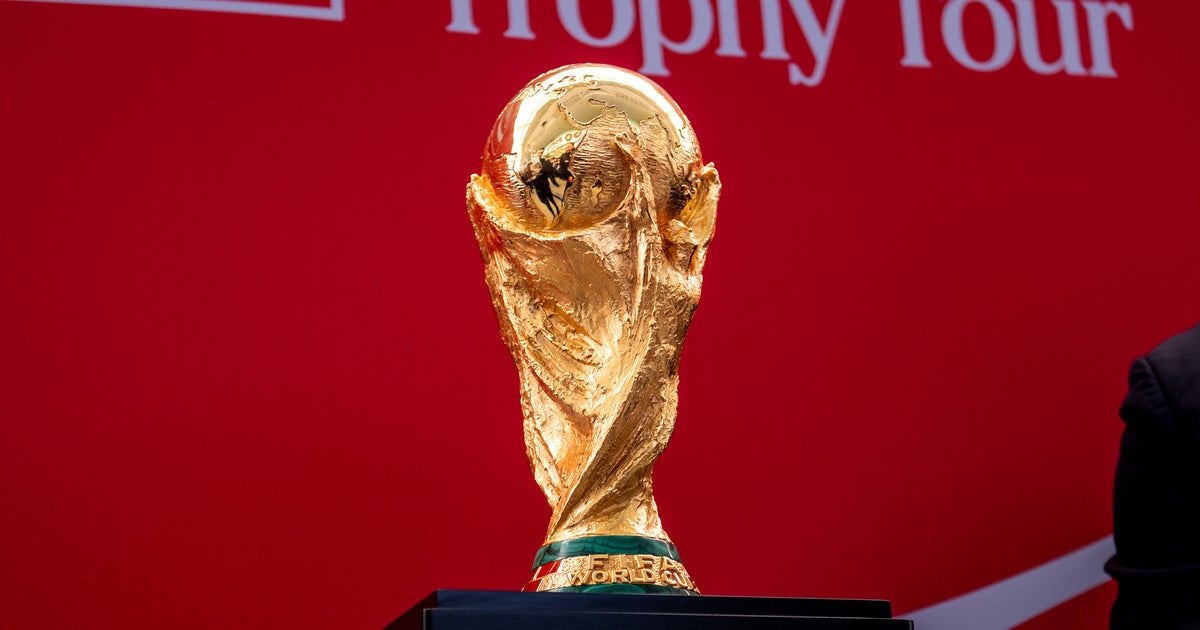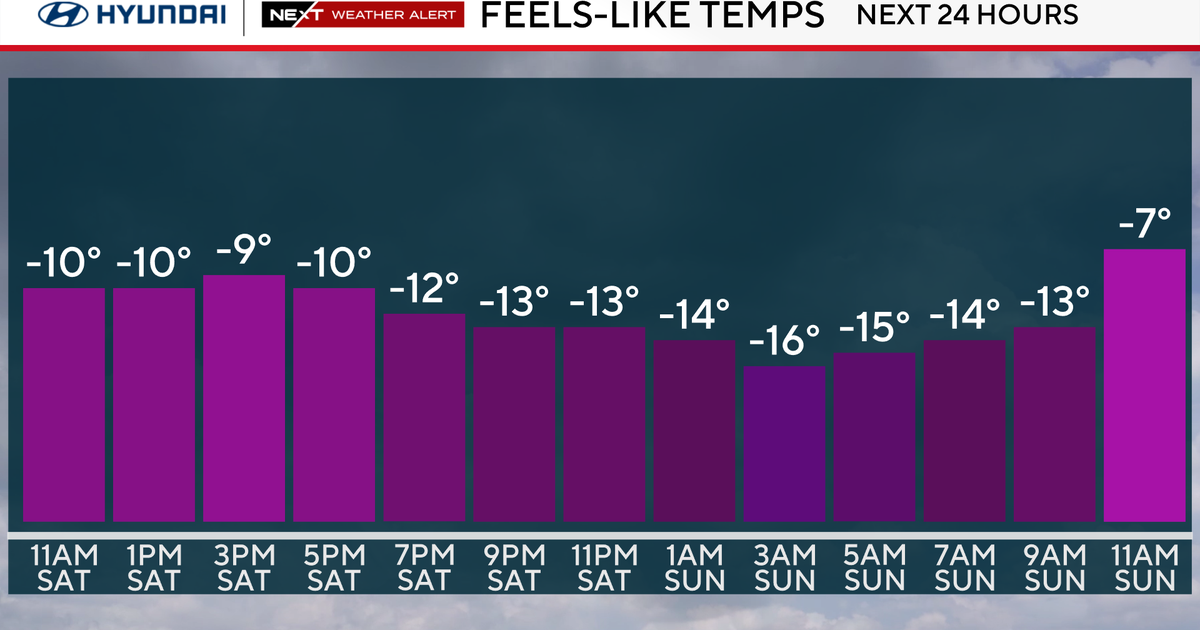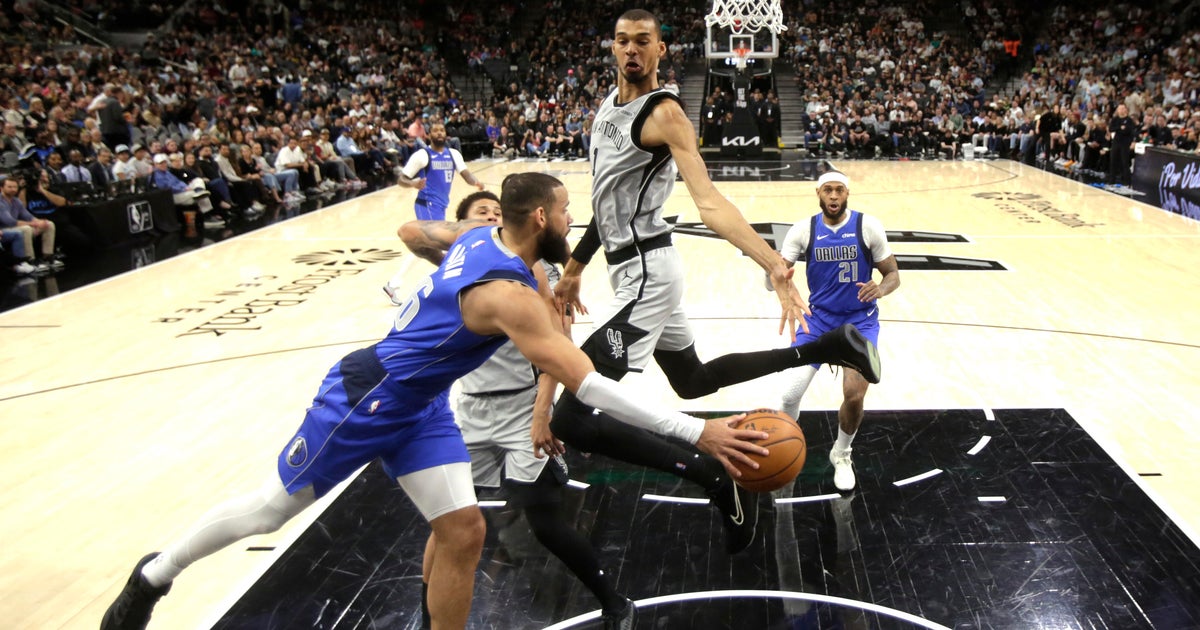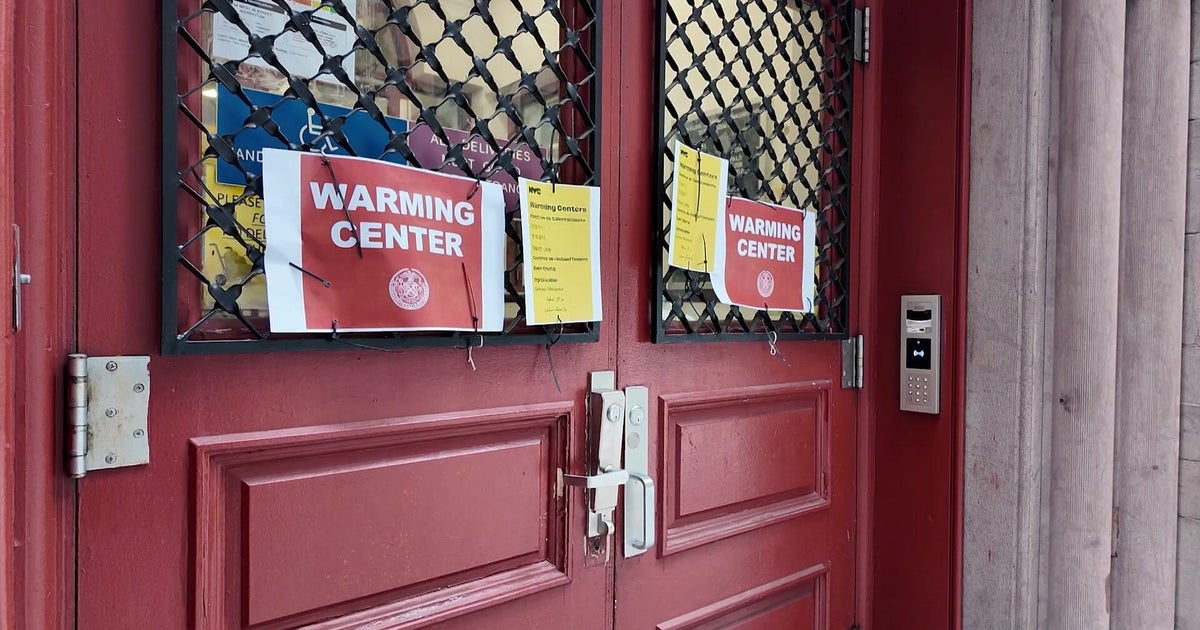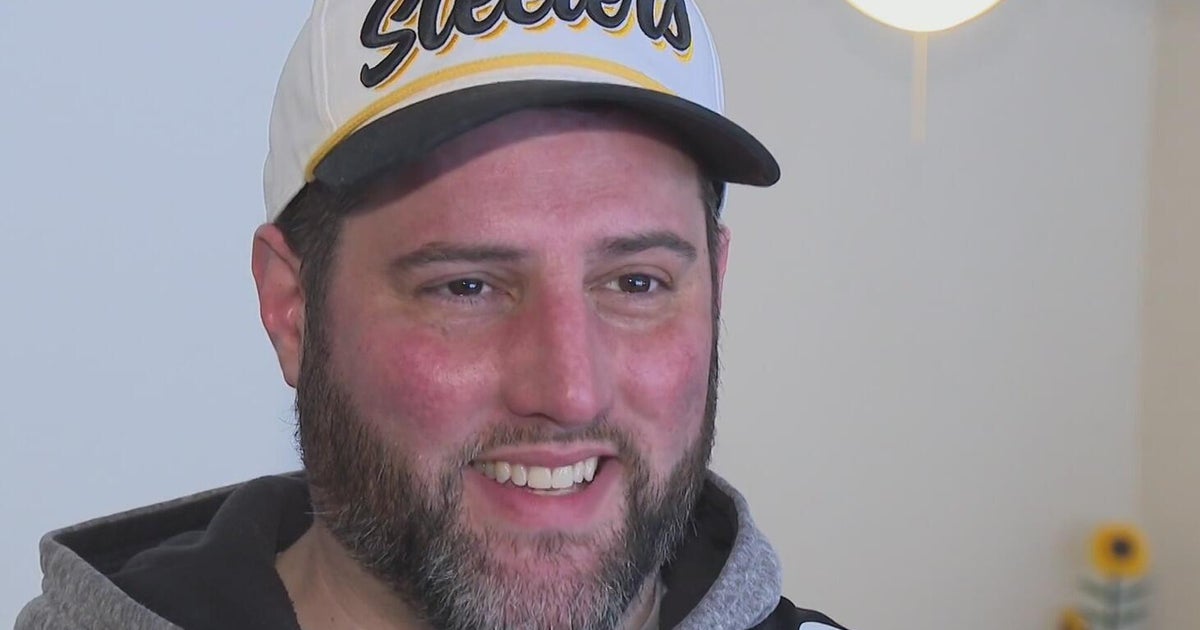NCAA Hoping New Travel Policy Will Help Avoid Problems
Follow CBSDFW.COM: Facebook | Twitter
INDIANAPOLIS (AP) — The NCAA is hoping a new travel policy takes the air out of tournament complaints.
One year after dealing with late-night problems, angry coaches and surprised families, most teams in this year's men's tourney will be required to stay overnight after their games.
Previously, most losing teams flew home the same night, which sometimes led to red-eye flights. Under the new guidelines, any team with a flight and a starting time after 3 p.m. locally must stay in town. Any team within a 350-mile radius of the host city that traveled by bus will have the option to drive home immediately after a loss.
"I think what happened last year certainly was one of the factors for the change, but there are a number of factors," Mark Lewis, NCAA executive vice president of championships and alliances, told The Associated Press recently. "When you talk about families coming to watch games and to have time with their sons or grandsons at dinner, that seems like an odd situation as well. So to give the teams some certainty that they can spend some time with their family members after the games, that's also a plus."
There were some glaring problems last year.
New Mexico State and San Diego State were told the loser would fly home following a second-round game in Spokane, Washington. Their game started late because the previous one went into overtime, and it ended later, too, because the Aggies and Aztecs also went into overtime.
Then, after both teams fulfilled their postgame media obligations, New Mexico State's players, pep band and cheerleaders returned to the team hotel to pack. The contingent arrived at the airport at 1 a.m., departed at 2:15 a.m. and arrived in El Paso, Texas around 7 a.m. There, only one of two buses showed up at the airport.
Players, coaches and some boosters were driven to Las Cruces, New Mexico, on that bus while the rest waited for the vehicle to return following a 2 1/2-hour round trip. The NCAA issued an apology for the bus mix-up and believes that has been fixed.
But simply flying home that night drew criticism from San Diego State coach Steve Fisher, whose team had a similar experience in 2013 in Philadelphia. That day, the Aztecs waited so long on the tarmac that the teams from the next game took off first. In all, the Aztecs spent more than 10 hours on the plane.
"To have happen what happened to them (the Aggies) and really, to have happen to us when we played in Philly when we lost, I mean, it was after 1 (a.m.) when we got out of Philadelphia, to me, you can do better by the student-athletes," Fisher said this week. "Now, I can understand they've got things to do and a lot of people to move around, but there are ways to do it in a fashion where they're not treating them the way they've been treated, we've been treated."
Transportation and arrival times have been only part of the problem.
Lewis said after Manhattan's second-round loss to Louisville last year in Orlando, Florida, family members who paid to attend the game were surprised to learn the team was already on campus the next morning.
Lewis believes the changes will help alleviate some issues.
"It was really about a broader policy change to give teams more certainty that if they finish late, they won't be leaving that night," he said. "Inevitably, we may have that in earlier games, where the losing team will still go home. One team may be based in Northeast or the West, so we'll never be able to completely eliminate the risk you might not have the same travel dimensions. But we think the change in policy will avoid the getting back at 5 a.m. issue."
But not everyone concurs. Butler coach Chris Holtmann acknowledged his preference would be to leave as soon as possible so players could avoid missing more class time.
The women's tourney also is undergoing a logistical change.
Because of a scheduling change, there will be more overlap between the two headline tournaments. The NCAA, however, still has only about 10 to 15 charter planes dedicated exclusively to moving teams around the country. So the NCAA is planning to fly some women's teams to their sites as early as Tuesday night, less than 36 hours after the bracket is released.
That's not all.
The Final Four teams at both Division I tourneys will be eligible to receive $3,000 per player to help two family members cover travel expenses. The teams that advance to the title games will get an additional $1,000 per player. The pilot program could be expanded as soon as next season, and Lewis says there is support to do that.
"I think everyone is supportive of the fact that we're trying to do more for families who want to watch their kids play, and there's questions about why don't you do that for more sports and all divisions," Lewis said. "I think that's an important discussion that the membership has to have. Does it remain viable? Should it remain active? Should it be modified?"
(© Copyright 2015 The Associated Press. All Rights Reserved. This material may not be published, broadcast, rewritten or redistributed.)
